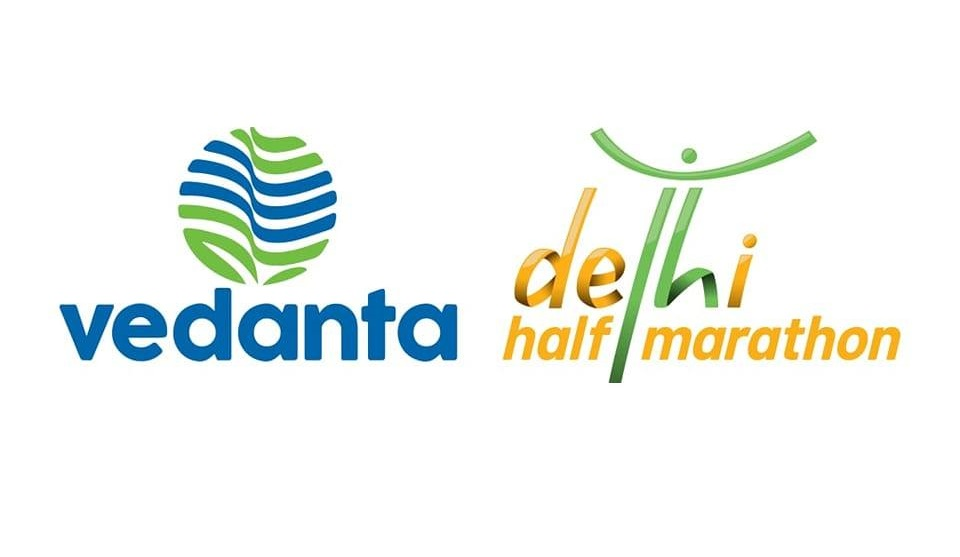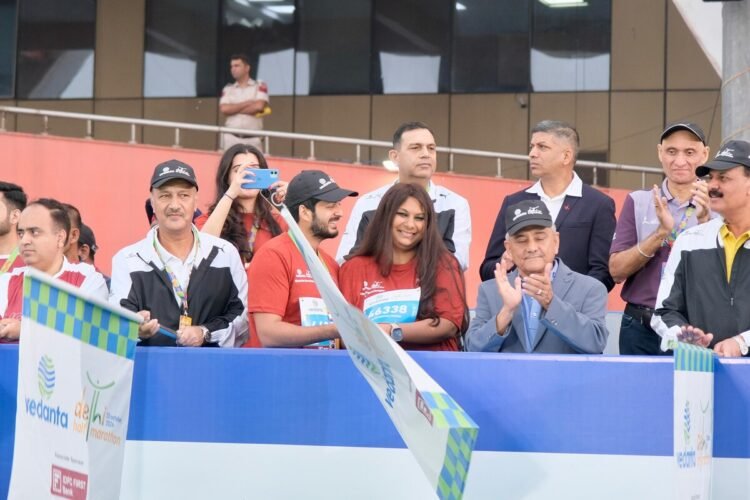For the company to genuinely contribute to social and environmental responsibility, its CSR efforts must align with sustainable, long-term solutions that go beyond short-term, high-profile events.
NEW DELHI (India CSR): The Vedanta Delhi Half Marathon 2024 concluded with a remarkable achievement, raising 10 million meals for children and animals through its #RunForZeroHunger initiative. While the event received widespread attention and praise, there are increasing concerns about whether this initiative is a form of greenwashing. Greenwashing refers to the practice of companies misleading the public about their environmental or social responsibility efforts to improve their public image.
This article examines key seven reasons why the Vedanta Delhi Half Marathon is perceived by some as a greenwashing event, despite its positive contributions.
1. Improving Image Amid Environmental Controversies
Vedanta’s mining operations in India have been linked to deforestation, water pollution, and displacement of local communities. Critics argue that hosting the Vedanta Delhi Half Marathon is an attempt to divert attention from these issues and improve its image. The company focuses on social welfare, such as feeding the needy, but critics say this contradicts the harm caused by its mining activities. Many believe the marathon is a PR exercise, not a genuine effort to address underlying issues. Vedanta’s Sterlite copper plant in Thoothukudi, Tamil Nadu, was shut down due to environmental concerns and violent protests.
2. Superficial Focus on Social Responsibility
The #RunForZeroHunger initiative raised 10 million meals. Critics say this addresses only the symptoms of hunger without tackling root causes like poverty, lack of education, and poor healthcare. Providing meals offers temporary relief but does not create lasting change. Sustainable development requires improving livelihoods and access to essential services. The marathon is seen as a short-term solution aimed at generating good publicity, not real, lasting impact.
“Vedanta’s social impact arm, Anil Agarwal Foundation (AAF), pledged to provide one meal for every kilometer run, resulting in raising 10 million meals, this year. In this edition, AAF extended its commitment beyond nourishing children to include animals as well.”, the company statement said.

3. Contradiction Between Core Operations and Sustainability Messaging
The sustainability message promoted through the marathon contrasts with Vedanta’s core business practices. The company has been linked to pollution, habitat destruction, and community displacement. While the marathon promotes well-being, Vedanta’s reliance on harmful extractive industries tells a different story. This misalignment leads critics to label the event as greenwashing.
The Rajasthan Chief Minister recently met with Vedanta Chairman Anil Agarwal to discuss investments of more than Rs.1 lakh crores across zinc, oil and gas, and renewable energy by the Group. “This will help to create more than 2 lakh jobs, develop more than 500 downstream industries across multiple areas, and support import substitution.”, Vedanta statement said. Also Read: Vedanta to invest Rs 1 Lakh Crores in Rajasthan
4. Use of PR-Friendly Celebrity Endorsements
The marathon used celebrity endorsements from figures like Valarie Allman and Milind Soman. This generated significant media attention and positive press for Vedanta. Critics argue that this strategy is meant to distract from the company’s controversial practices. By using celebrities to boost visibility, Vedanta gains favorable media coverage that overshadows discussions about the negative impact of its core operations.
“Valarie Allman, the current Paris Olympics 2024 Discus Throw Gold Medallist from the United States of America was the the International Event Ambassador of VDHM 2024.”, the company said.
Also Read: Vedanta Delhi Half Marathon 2024: 10 Million Meals Raised for Children and Animals
5. One-Off Event vs. Long-Term Environmental Solutions
The marathon raised millions of meals, but it remains a one-off event. Critics argue that real corporate responsibility requires sustained efforts to tackle the root causes of social and environmental problems. Instead of short-term events, Vedanta needs to reduce its environmental footprint and support affected communities for lasting impact.
6. Selective Transparency in Reporting
Vedanta highlights the meals raised during the marathon but lacks transparency about the environmental and social impact of its core business. Selective reporting is a hallmark of greenwashing. It allows companies to highlight positive contributions while downplaying negative aspects. Critics argue that this selective transparency prevents a full understanding of Vedanta’s broader impact.
7. Misuse of CSR for Public Relations
Critics suggest that the marathon is more of a PR tool than a genuine effort for social change. The media coverage, celebrity endorsements, and focus on the event suggest a calculated strategy to boost Vedanta’s image. The disconnect between Vedanta’s CSR activities and its core operations raises concerns that these initiatives are more about image-building than real contributions to social progress.
“Vedanta Delhi Half Marathon concluded earlier today which witnessed the participation from over 36,000 runners to support the cause of #RunForZeroHunger.”, the company press released claimed.
Image Caption: From left to right: Vice Admiral Atul Anand, Additional Secretary, Department of Military Affairs, Akarsh Hebbar, Global Managing Director, Vedanta Semiconductors and Display Glass Business, Priya Agarwal Hebbar, Non-Executive Director, Vedanta Ltd. and Chairperson, Hindustan Zinc Ltd., General Anil Chauhan, Chief of Defence Staff and Indian Navy Chief Admiral Dinesh Tripathi flagging off the Vedanta Delhi Half Marathon 2024
(Copyright@India CSR)





















